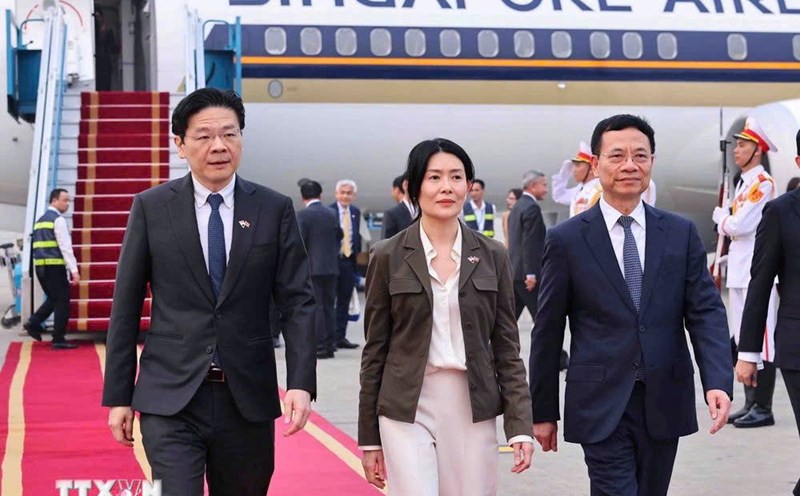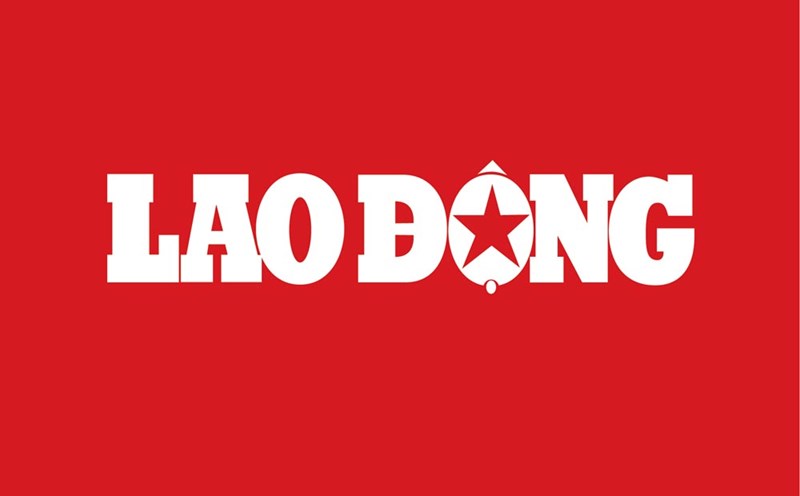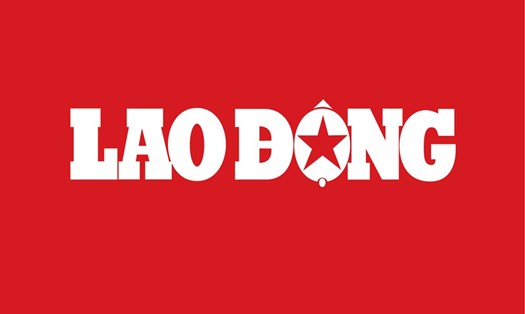The results of this election are considered the first important test for Singapore's Prime Minister Lawrence Wong, who took over as head of the government last year.
According to Reuters, the likelihood of a failure of the People's Action Party (PAP) is almost zero, as the party has been in power continuously since before Singapore gained independence in 1965.
However, observers pay special attention to the popular vote rate - a real indicator of the public's trust in the new government.
PAP currently holds 90% of the National Assembly seats, but the 2020 election marked one of the worst results when the party only won 60.1% of the votes.
Prime Minister Lawrence Wong, 52, hopes to improve this result with a commitment to both stability and innovation in management.
During the election campaign, Mr. Wong affirmed that he will lead Singapore to overcome the current geopolitical challenge by balancing US-China relations, while focusing on solving urgent civil issues.
The high cost of living in one of the world's most expensive cities is still a big concern. The lack of suitable housing for young people and the middle class is also one of the outstanding issues.
The risk of recession is hanging if Singapore's trade-dependent economy becomes a "side damage" in global tariff tensions.

Speaking to 1.4 million union members on May 1, Mr. Wong warned that the loss of seats for key ministers could undermine cabinet capacity in the context of a volatile international landscape. I have replacements, but everyone understands that the team will not be able to operate at the same level without them, he said.
Although PAP participated in the election of all 97 seats, the Labor Party - the largest opponent - only participated in 26 regions. However, in the previous election, they won 10 seats, the highest ever for the opposition.
Analysts say that the emergence of young voters, a force that tends to demand transparency and strong policy debate, could create a new turning point in Singapore's political culture.
It would be no surprise if the PAP support rate fell to 57% or 58%. Perhaps PAP itself will not be surprised - Professor Lam Peng Er, National University of Singapore commented.
Therefore, this election is also a "test" for public confidence in the new leadership team after more than two decades of rule of Mr. Ly Hien Long.
The polling stations are open from 8am to 8pm on March 3 local time. The preliminary results are expected to be announced in the early morning of May 4 and are expected to contribute to shaping the Singapore political picture in the next decade.











